We stood on a closed-off street at a music festival, near midnight, third or fourth beers in hand, when the musicians on stage stopped in between songs to say, “Thanks for coming. Please go to our website, double-u, double-u, double-u, dot our band’s name dot com. We’d really appreciate it.”
Having studied marketing over the last year during my attempts to be a for-real-ass professional writer, my first thought was, Oh god, honey no.
I looked around. Did I see one person whip out their phone and start typing those three w’s? Negative.
Psst: This site uses affiliate links.
Here’s what was wrong:
They, firstly, were giving out a URL verbally to a group of drunk/stoned (Seattle) people, who were sure as shit not going to remember it in the morning.
Secondly, they didn’t tell us why we should go there. What awaited us? Free music? Stickers? A newsletter to stay on top of events?
Third, at least for me, their music was not that great.
“Again, please, please go to our site, double-u, double-u, double-u, dot our band’s name dot com,” they said after the next song, as I bit down on my forearm to prevent myself from yelling all the reasons this was a completely terrible idea.
What a lesson in how to not make it as a creative.
Let’s go to the experts:
In The Seven Habits of Highly Successful People, my favorite most nerdily named book, one of Stephen Covey’s habits is “Think win-win.”
“Think win-win is the habit of mutual benefit,” he says.
The band wanted us to go to their site, which would be a win for them, but they forgot to tell us why it would be a win for us.
In The 48 Laws of Power, which is just about how power works, for better or for evil, rule #13 is “When asking for help, appeal to people’s self-interest, never to their mercy or gratitude.”
“The quickest way to secure people’s minds is by demonstrating, as simply as possible, how an action will benefit them. Self-interest is the strongest motive of all.”
Please does not cut it.
It’s not that people are evil. We’re just wired to care about ourselves first.
Think about the last place place you spent money: How many did you do because the person said please? Maybe a few donations, but the bulk of the people you give your money to, you do so because they give you something that you want.
How writers say please:
I just got off the phone with one of my coaching students, and during part of our session, we reviewed a pitch, which was a response to a call for submissions.
“Dear [editor],” she said. “I saw your call for submissions, and I’d like to write a story about…”
“Ok stop right there,” I said.
It took me years to realize I was doing this. I almost always started my story with some kind of please.
- “Please allow me to write a story about…”
- “I’d really appreciate the opportunity to write for you…”
- “Please consider the attached piece about…”
It’s not terrible, but it’s not really going to sway an editor, and in pitches, you need to use every word to create a feeling in the editor, the feeling that they want this piece.
So now, I replace that fluff sentence with part of the story about why they, and not only they, but their readers, are going to want this story in their magazine or on their website.
Because what editors need are stories their readers are going to love, click on, and share.
So now, the real estate taken up by the please can be used for sentences like:
- “After reading this story, your audience will know…”
- “I recently spoke to experts that can help your readers…”
- “Since 75% of people in your audience’s demographics experience this issue in their lifetime…”
This takes me completely out of the picture and paints in an image of satisfied readers. It focuses on what the editor wants, rather than what I want, which is to be published.
Saying please is a kind of begging.
Usually, it’s low-grade, and we don’t realize it. But the “I’d love to write this story” is a way we sit there with our writerly begging bowl out, saying please give me work.
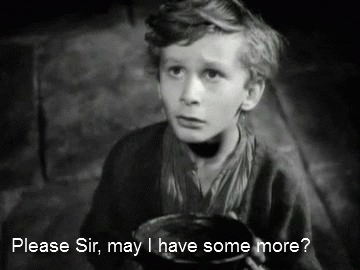
Instead, go out there with a bow and arrow, and take down the beast that is the Big Assignment.
I beg you, don’t beg for work, because:
- It shows that you don’t value your work enough or believe that it simply brings value to the client, editor, or reader. You think it needs someone to beg for it. That giving you that work will be a kind of favor, rather than a win-win.
- It will take your attention away from creating work that someone should be begging you for. Like the not-so-great music I heard that night. If it had been work that really brought me value, I would have been waiting around after the show to ask them how I could find them later.
- It moves you toward an external locus of control, a belief that other people have control over your future and work, rather than an internal locus of control, where you feel agency over the destiny of your career.
Any time you find yourself saying please, just pause. Ask yourself how you could make the other person ask you to please give them what you’re selling.



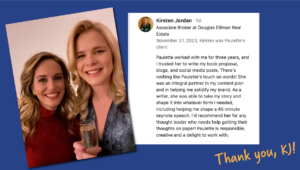
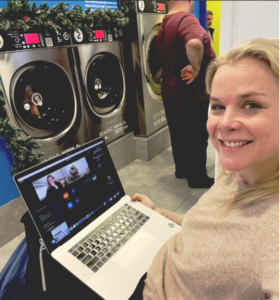
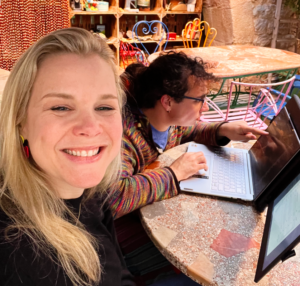



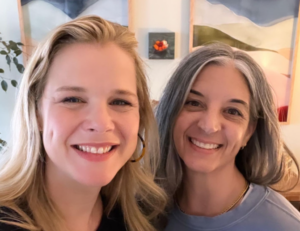


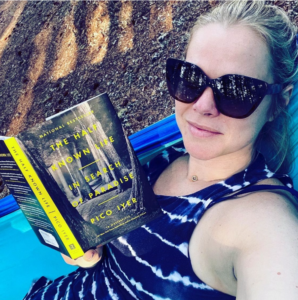

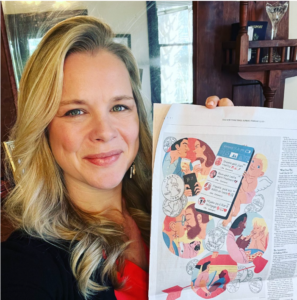





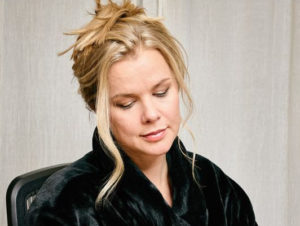
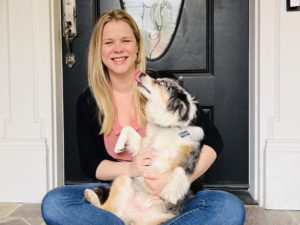


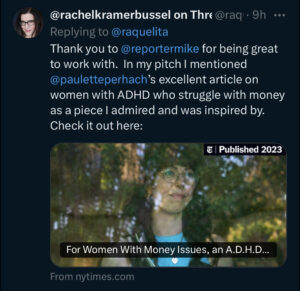
This Post Has One Comment
Well said. I found this to be the case in many situations, particularly in interviews.
As always, thank you for the insight and reminders in your social publications.
Comments are closed.